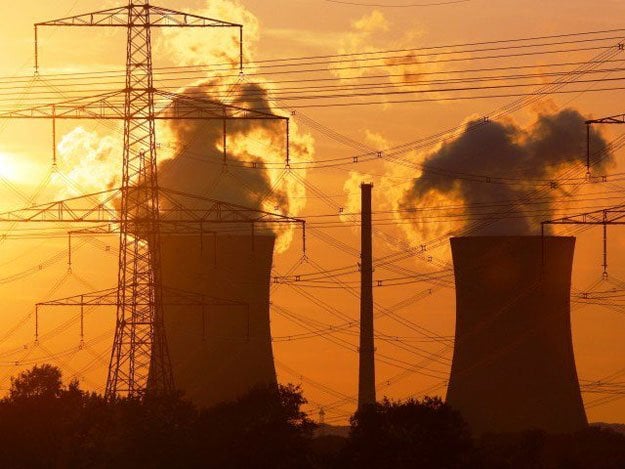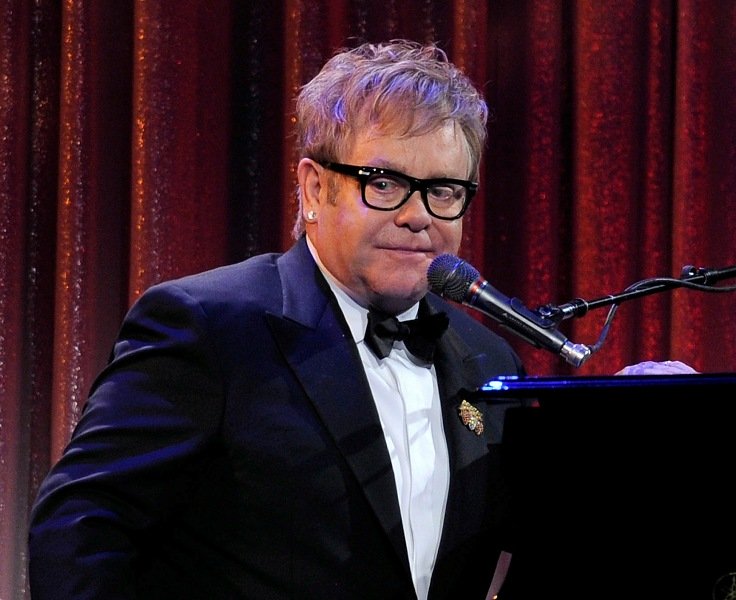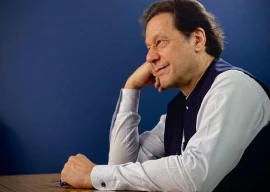
On the first day of a two-day national seminar organised by the Strategic Vision Institute (SVI) on the “Non-Proliferation Treaty (NPT) Review Conference and Future of the Non-Proliferation Regime” here on Wednesday, he said that the non-proliferation regime had a mixed bag of progress.
Brig Kazmi said that although the world had fewer nuclear weapons states than was once feared because of the non-proliferation regime, proliferation was taking place. “All nuclear powers are believed to be vertically proliferating either in qualitative, quantitative or in both senses,” he said.
Experts at the seminar expressed disappointment over NPT member states’ failure to reach a consensus on how to progress on non-proliferation and disarmament and feared for the future of the regime.
The NPT Review Conference at the UN last month concluded without a consensus document because of American opposition to a proposal for convening a conference on the establishment of a Middle East Weapons of Mass Destruction Free Zone. Moreover, strong differences were seen at the conference between nuclear and non-nuclear weapons states on the issue of disarmament. The experts at the seminar said that the failure to reach a consensus document raised doubts about the willingness of the signatories to abide by their NPT commitments.
Institute of Strategic Studies Islamabad (ISSI) Director General Masood Khan said that with continuing emphasis on non-proliferation the future of disarmament was bleak.
He opined that the kind of exceptionalism extended to India in the shape of the Indo-US nuclear deal and plans for admitting it in the NSG was proof that Pakistan’s decision to not join the NPT and conduct nuclear tests was correct.
Ambassador Tariq Osman Hyder said that the outcome of the NPT Review Conference had disappointed all who supported disarmament.
“The NPT is not the totality of the non-proliferation regime, but its status does impact the regime,” he said.
NUST Department of Peace and Conflict Studies Associate Dean Dr Tughral Yamin said that the biggest challenge to the future of the regime was from the failure to progress on disarmament.
Dr Zafar Khan of the National Defense University called for a combined and holistic approach by both nuclear and non-nuclear weapons states for making the non-proliferation regime “non-discriminatory, flawless, effective, and universal”.
SVI President Dr Zafar Iqbal Cheema said that the international non-proliferation regime was not only inadequate in dealing with instances of proliferation, but also undermined the objectives of the Article IV of the NPT on transfer of nuclear technology for exclusively peaceful purposes.
Meanwhile, on the last day of the national seminar, two sessions were held followed by concluding remarks by Dr Zafar Iqbal Cheema.
First session on “IAEA safeguards: scope and limitations” was chaired by Ambassador (retired) Munawar Saeed. CISS Visiting Fellow Brig Naeem Salik discussed scope and limitations of IAEA safeguards, while former Pakistan Atomic Energy Commission (PAEC) disarmament and safeguards director Shaukat Hasan, spoke about “India-specific versus full-scope safeguards: Impacts on NPT, Non-Proliferation and Non-Nuclear Weapons States (NNWS)”. Moreover, IPRI Consultant Air Cdre (retd) Khalid Iqbal highlighted the issue of India’s exemption from NSG guidelines and its potential membership. He also spoke about possible concerns for Pakistan of such a possibility.
During the second session, Dr Zafar Nawaz Jaspal discussed the all important issue of fissile material stockpiles and Fissile Material Cut-off Treaty (FMCT), while Air Cdre (retd) Ghulam Mujaddid elaborated upon nuclear terrorism and future challenges. Dr Jaspal said that the revamping of Shannon Mandate at the Conference on Disarmament (CD) was imperative for resolving stalemate at the very conference. “Pakistan’s current stance at the Conference on Disarmament on FMCT is appropriate for its national security,” he said.
Center for International Strategic Studies Executive Director Ali Sarwar Naqvi addressed the issue of nuclear safety and security through the Nuclear Security Summit Framework.
Published in The Express Tribune, June 5th, 2015.



1732259077-0/carti-(1)1732259077-0-165x106.webp)



1732258132-0/BeFunk_§_]__-(26)1732258132-0.jpg)
1732257537-0/Copy-of-Untitled-(64)1732257537-0-270x192.webp)
1726722687-0/Express-Tribune-Web-(9)1726722687-0-270x192.webp)







COMMENTS (4)
Comments are moderated and generally will be posted if they are on-topic and not abusive.
For more information, please see our Comments FAQ